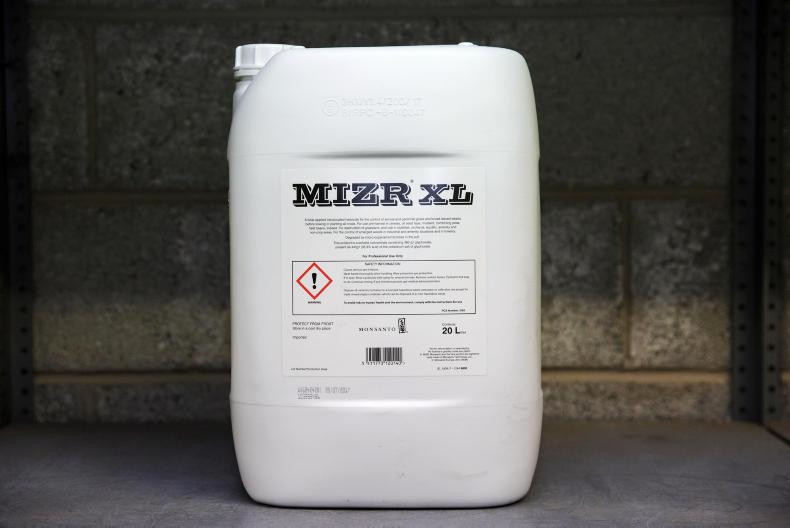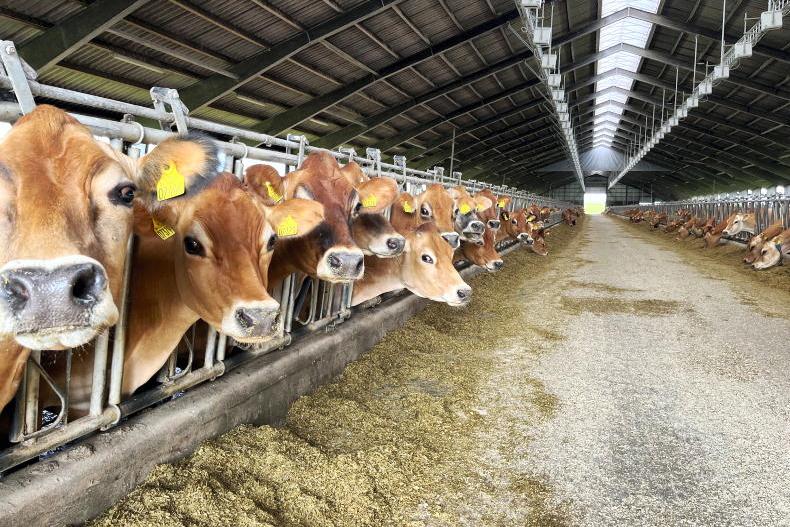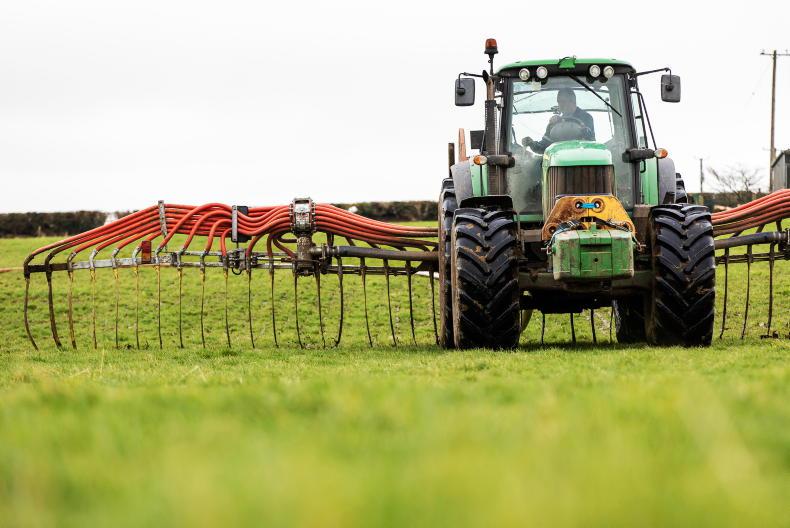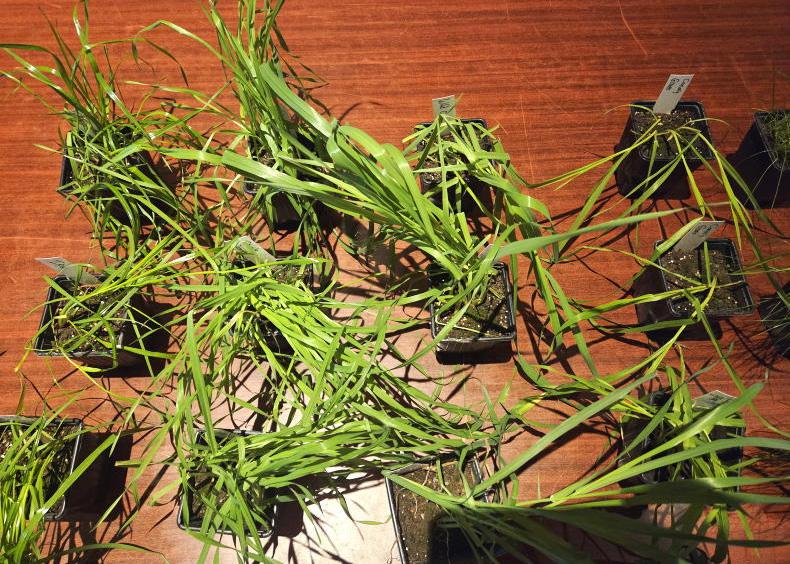The European Commission has referred its proposed five-year re-authorisation of glyphosate to an appeal committee following the failure of member states to agree a majority position at last week’s meeting.
The next vote is scheduled for 27 November, less than three weeks before the current licence expires on 15 December.
Glyphosate was not statistically significantly associated with cancer at any site
The same rules apply, with agreement from 16 countries representing at least 65% of the EU’s population required to keep Roundup and other glyphosate-based herbicides on the shelves.
Population heavyweights France and Italy want a three-year renewal, and Germany abstained in the last vote because of ongoing internal coalition talks involving the Green Party.
European Health Commissioner Vytenis Andriukaitis warned MEPs at a rowdy meeting on Monday that a three-year authorisation or a decision including a phasing out of glyphosate over five years, as requested in a European Parliament resolution, would be illegal under current rules.
Health
Meanwhile, the US National Cancer Institute has just published a crucial study of more than 54,000 farmers, 83% of whom use glyphosate, in Iowa and North Carolina.
Scientists monitored the farmers’ health over 20 years and compared it with cancer data in the general population of those states.
“Glyphosate was not statistically significantly associated with cancer at any site,” they concluded.
More specifically, the study ruled out association between glyphosate and non-Hodgkin lymphoma, the type of cancer linked to the chemical by the International Agency for Research on Cancer (IARC) in the 2015 report that sparked the campaign for a ban in Europe.
The National Cancer Institute found some evidence of increased risk of acute myeloid leukemia in those farmers most exposed to glyphosate, but not in statistically significant numbers.
This US study was controversially omitted from the IARC assessment of glyphosate that led to its classification as “probably carcinogenic” in the same category as night work, very hot beverages or frying.
According to the Reuters news agency, US court documents showed that the agency had not reviewed the US study because it was not published at the time, but may have classified glyphosate in a more benign category after taking it into account.
All other international food and chemical safety agencies have concluded that there is no cancer risk from glyphosate.
Read more
Glyphosate: must we shoot ourselves in the foot to prove the gun is loaded?
Full glyphosate coverage
The European Commission has referred its proposed five-year re-authorisation of glyphosate to an appeal committee following the failure of member states to agree a majority position at last week’s meeting.
The next vote is scheduled for 27 November, less than three weeks before the current licence expires on 15 December.
Glyphosate was not statistically significantly associated with cancer at any site
The same rules apply, with agreement from 16 countries representing at least 65% of the EU’s population required to keep Roundup and other glyphosate-based herbicides on the shelves.
Population heavyweights France and Italy want a three-year renewal, and Germany abstained in the last vote because of ongoing internal coalition talks involving the Green Party.
European Health Commissioner Vytenis Andriukaitis warned MEPs at a rowdy meeting on Monday that a three-year authorisation or a decision including a phasing out of glyphosate over five years, as requested in a European Parliament resolution, would be illegal under current rules.
Health
Meanwhile, the US National Cancer Institute has just published a crucial study of more than 54,000 farmers, 83% of whom use glyphosate, in Iowa and North Carolina.
Scientists monitored the farmers’ health over 20 years and compared it with cancer data in the general population of those states.
“Glyphosate was not statistically significantly associated with cancer at any site,” they concluded.
More specifically, the study ruled out association between glyphosate and non-Hodgkin lymphoma, the type of cancer linked to the chemical by the International Agency for Research on Cancer (IARC) in the 2015 report that sparked the campaign for a ban in Europe.
The National Cancer Institute found some evidence of increased risk of acute myeloid leukemia in those farmers most exposed to glyphosate, but not in statistically significant numbers.
This US study was controversially omitted from the IARC assessment of glyphosate that led to its classification as “probably carcinogenic” in the same category as night work, very hot beverages or frying.
According to the Reuters news agency, US court documents showed that the agency had not reviewed the US study because it was not published at the time, but may have classified glyphosate in a more benign category after taking it into account.
All other international food and chemical safety agencies have concluded that there is no cancer risk from glyphosate.
Read more
Glyphosate: must we shoot ourselves in the foot to prove the gun is loaded?
Full glyphosate coverage










SHARING OPTIONS